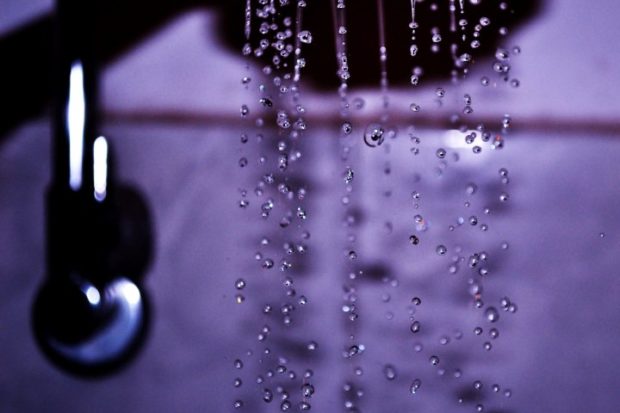

The UN Expert on the Human Right to Water and Sanitation came to the unincorporated Central Valley town of Seville on March 1 to investigate contaminated groundwater and broken delivery systems. It was one of three communities with water problems that she visited in the United States. She toured the Seville water system and heard testimony from Valley water experts and residents from several local communities.
Three days later at a Washington, D.C., press conference, she said that many private wells in the Valley do not adhere to federal guidelines to test for pollution. She recommended that local agencies take immediate corrective action. Meanwhile, in Sacramento legislators introduced the Human Right to Water package of six bills to make the human right to water a state law and change existing laws to implement that right.
There are many small and disadvantaged communities in the Valley region. Seville in Tulare County is one of them. Surrounded by orchards and vineyards, Seville has 75 homes and 350 residents who are mainly farmworkers with an average salary of $16,000 a year. Like many other small communities, people can’t―or shouldn’t―drink the water, and they’re too small to do anything about it.
That’s what brought Catarina de Albuquerque to Seville. She was convinced by local organizations like the Community Water Center that conditions in the Valley warranted a UN mission. In September 2010, the United Nations officially declared the Human Right to Water and Sanitation, with the United States signing on. The Portuguese human rights attorney was appointed the UN Rapporteur on the human right to water in 2008. She has investigated living conditions in Egypt, Costa Rica, Bangladesh, Slovenia and Japan.
Before the water tour began, de Albuquerque explained the human right to water, “It means that water and sanitation have to be, first off, available. They have to be accessible, affordable and they have to obviously be of quality, they have to be safe for everyone to drink. When we talk about affordability, it means that for you to have water you don’t have to be forced to make choices between human rights, between the right to water and the right to food, or the right to water and the right to housing.”
Rebecca Quintana has grown up and raised a family in Seville. She showed the UN Rapporteur a water system typical of what 500,000 people in the valley are living with, “The County took receivership of our water system because it wasn’t being run legally. Recently they put a chlorinator in there to clean the water up. Before that the guy running the system was just pouring bottles of Clorox in our water system.” Later the UN Expert was taken aback at the sight of the town’s water supply pipe running down the middle of an irrigation ditch.
In the school cafeteria at Stone Corral Elementary, the UN expert heard story after story about water in Valley communities contaminated with nitrates, arsenic, bacteria and sand. Most of them have to pay for water they can’t consume and buy bottled drinking water to boot.
At the end of the session, de Albuquerque reflected on what she heard, “There is no single country I have visited, rich or poor, where there are no problems. In richer countries what I see is an even more profound presence of discrimination. I went to Bangladesh. Half the population of the country lives on under two dollars a day. So, of course, people have no access to water and sanitation and the government doesn’t have the capacity to change the situation.
“What I’ve seen for example in Slovenia in a population of millions of people where just three thousand, just because they are Roma, they don’t have access to water and sanitation and they have to walk three hours just to get water. You ask me what is the problem is Slovenia? Is it a problem of lack of money or lack of capacity? No, I don’t think so. I think it’s a lack of political will. So it’s the constant patterns of discrimination and exclusion that I unfortunately see all over the place.”
The UN Rapporteur on the Human Right to Water and Sanitation will prepare a final report of her observations and recommendations. The report will be officially delivered in September at the UN Commission on Human Rights meeting in Geneva.
